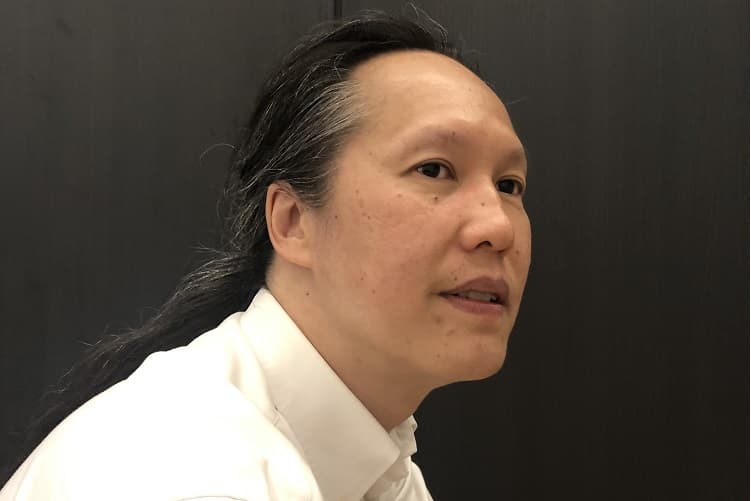
With the ongoing Covid-19 crisis, many restaurateurs are taking steps to pivot their business model to adhere to the new norm, such as opting for takeaways and partnering with food delivery service providers.
However, dine-in services still make up a majority of a restaurant's revenue, and it is important to have a system that ensures the premises is safe for diners, says Shang Leong, Malaysian country head of QueQ Malaysia Sdn Bhd.
"With the movement control order (MCO) in place, many restaurants saw their revenues drop by up to 85%, with the remaining 15% coming from takeaways. These restaurants decided to try out delivery platforms and saw their sales go up another 15%. However, at the end of the day, it is still relatively low [compared to pre-Covid-19]," says Leong.
"A lot of these restaurants earn the bulk of their revenue from dine-in customers, and most of their operations are geared towards that. So how do you attract these dine-in customers? By having a system that gives customers enough peace of mind that the restaurant is safe to dine in, such as a queuing system."
QueQ, a crowd control solution which was developed in Thailand, is presently being used by 30 restaurants in Malaysia. QueQ allows users to book a queue slot via the QueQ App or through the physical terminal placed near the restaurant.
Throughout the Covid-19 crisis, QueQ has doubled up as a social distancing tool in Thailand, and it is made available in shopping malls, healthcare facilities, barber shops and retail outlets in addition to restaurants. Leong says it is possible to use it in the same way in Malaysia.
"The Malaysian government now imposes a limit on how many people are allowed in a restaurant at a given time. Prior to Covid-19, you may have had a lot of customers waiting in line outside of your restaurant, which is considered dangerous right now.
"But with the QueQ app, customers are able to check how many people are ahead of them before they can enter the store, and book a queue slot. Customers do not need to wait in line along with the others. They can wait in the comfort of their own car, or stand somewhere that is safe within a mall, far away from other people. They would only need to reach the restaurant when nearing their turn."
Leong wishes to emulate QueQ’s success as a social distancing tool in Malaysia. But despite receiving numerous inquiries from restaurants, barbershops and other interested businesses, there are a few challenges here.
"As much as we are able to speak to these potential customers over the phone through a Zoom call, we are still required to meet up and give a product demonstration face-to-face," Leong explains.
"In Thailand, the lockdown is much more relaxed than Malaysia, and we have already implemented a number of projects for the past one and a half months. But in Malaysia, our sales teams are not allowed to meet them face-to-face to help conduct product demonstrations and sign them up for our solutions."
Leong is looking forward to the lifting of the MCO in June and is optimistic about QueQ’s take-up rate over the next two years. He explains that Covid-19 has allowed both businesses and the Malaysian community to be exposed to new systems and solutions that were previously not considered.
"Prior to the Covid-19 crisis, everyone was a little bit hesitant in terms of using a fully digitalised solution to queue at places. But now, everyone understands that we have a new way of going about our lives as Malaysians, and because of that, it is easier for us to make people understand how QueQ can help them.
"Now is an opportune time for both businesses and the community to try and adopt new solutions such as QueQ. For the community, it should be easier, because our services are free of charge anyways," says Leong.